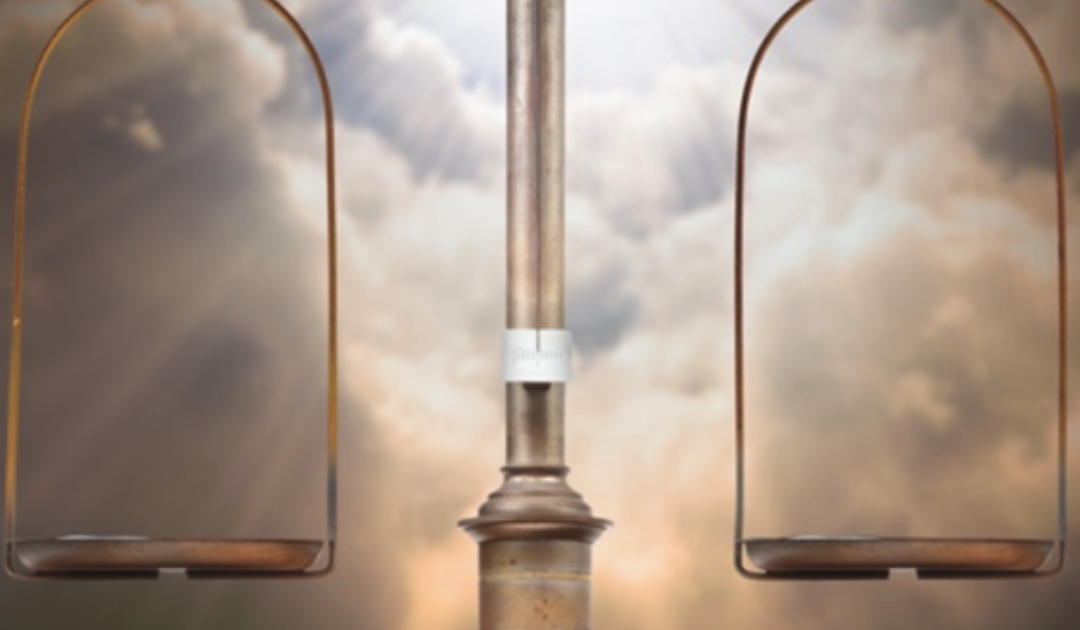The Catholic Church is often criticised as rigorist, unrealistic, and unbending. But here is the wonderful and unnerving truth: the Catholic Church’s job is to call people to sanctity and to equip them for living saintly lives. Its mission is not to produce nice people, or people with hearts of gold or people with good intentions; its mission is to produce saints, people of heroic virtue. Are the moral demands of the Church extravagant or unrealistic? Well, of course they are! Does every Catholic live up to these ideals? No, they don’t. But none of this proves anything beyond the fact that living a heroically virtuous life is difficult. To dial down the demands because they are difficult and most people have a hard time realizing them is to compromise the meaning and purpose of the Church. It would also be contradictory to the often confrontational words of Our Lord Jesus Christ.
But here is the flip side. The Catholic Church couples its extraordinary moral demand with an extraordinarily lenient penitentiary system of confession. The Church calls people to be not spiritual mediocrities, but great saints, and this is why its moral ideals are so stringent. Yet the Church also mediates the infinite mercy of God to those who fail to those who fail to live up to that ideal (which means practically everyone). This is why its forgiveness is so general, so universal, and so absolute. To grasp both of these extremes is to understand the Catholic approach to morality.
(Reflection based on the book Vibrant Paradoxes, by Bishop Robert Barron)

